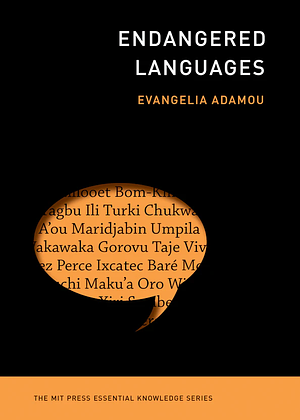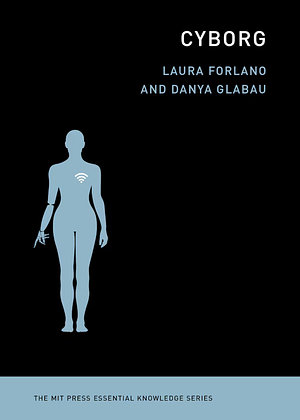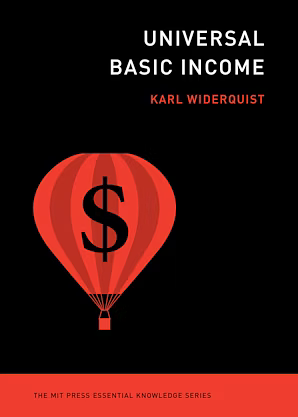
Endangered Languages
by Evangelia Adamou
Genres: History, Non-fictionPages: 264
Series: The MIT Press Essential Knowledge Series
Rating:

Synopsis:A concise, accessible introduction to language endangerment and why it is one of the most urgent challenges of our times.
58% of the world’s languages—or, approximately 4,000 languages—are endangered. When we break this figure down, we realize that roughly ten percent of languages have fewer than ten language keepers. And, if one language stops being used every three months, this means that in the next 100 years, if we do nothing, 400 more languages will become dormant. In Endangered Languages, Evangelia Adamou, a specialist of endangered languages and a learner of her own community language, Nashta, offers a sobering look at language endangerment and what is truly lost when a language disappears from usage.
Combining recent advances from the Western scientific tradition—from the fields of linguistics, psycholinguistics, neurolinguistics, language attrition, population genetics, and natural language processing—and insights from Indigenous epistemology, theory, and ethics, Adamou examines a wealth of issues surrounding endangered languages. She discusses where endangered languages are found, including how they are faring in a digital world, why these languages are no longer used, and how communities can reclaim languages and keep them strong. Adamou also explains the impact of language continuity on community and individual health and well-being, the importance of language transmission in cultural transmission, and why language rights are essentially human rights.
Drawing on varied examples from the Wampanoag Nation to Wales, Endangered Languages offers a powerful reminder of the crucial role every language has in the vitality and well-being of individuals, communities, and our world.
Endangered Languages, by Evangelia Adamou, is part of the MIT Press Essential Knowledge series, so it’s essentially an introduction, a bit of a primer on what it means for a language to be endangered, what we might do about it, etc. As a Welsh person (who doesn’t speak Welsh), obviously I have a bit of a vested interest here: Welsh is the least endangered of the Celtic languages, but it isn’t for lack of trying on the part of our English rulers (see also: the Welsh Not, Brad y Llyfrau Gleision, etc).
Welsh is a bit too successful for Adamou to spend much time on here, despite all that, though I think the revival efforts probably deserved a bit of a mention alongside the revival efforts for Breton, Cornish and Irish, including stuff like the Welsh Language Acts. To compare how Welsh is doing compared to other more endangered languages is pretty instructive — but there’s a limited amount of space in any one book, of course.
In the end, discussing endangered languages and how to protect them is surprisingly similar to discussing conservation, though of course it’s best not to stretch the similarity too far. I was interested to read about the fact that languages should be considered “dormant” rather than “extinct” now: I don’t know if I think that’s a nice way to look at it, or perhaps one which softens the tragedy of losing all native speakers of a language a little too much.
Anyway, an interesting introduction.
Rating: 3/5


